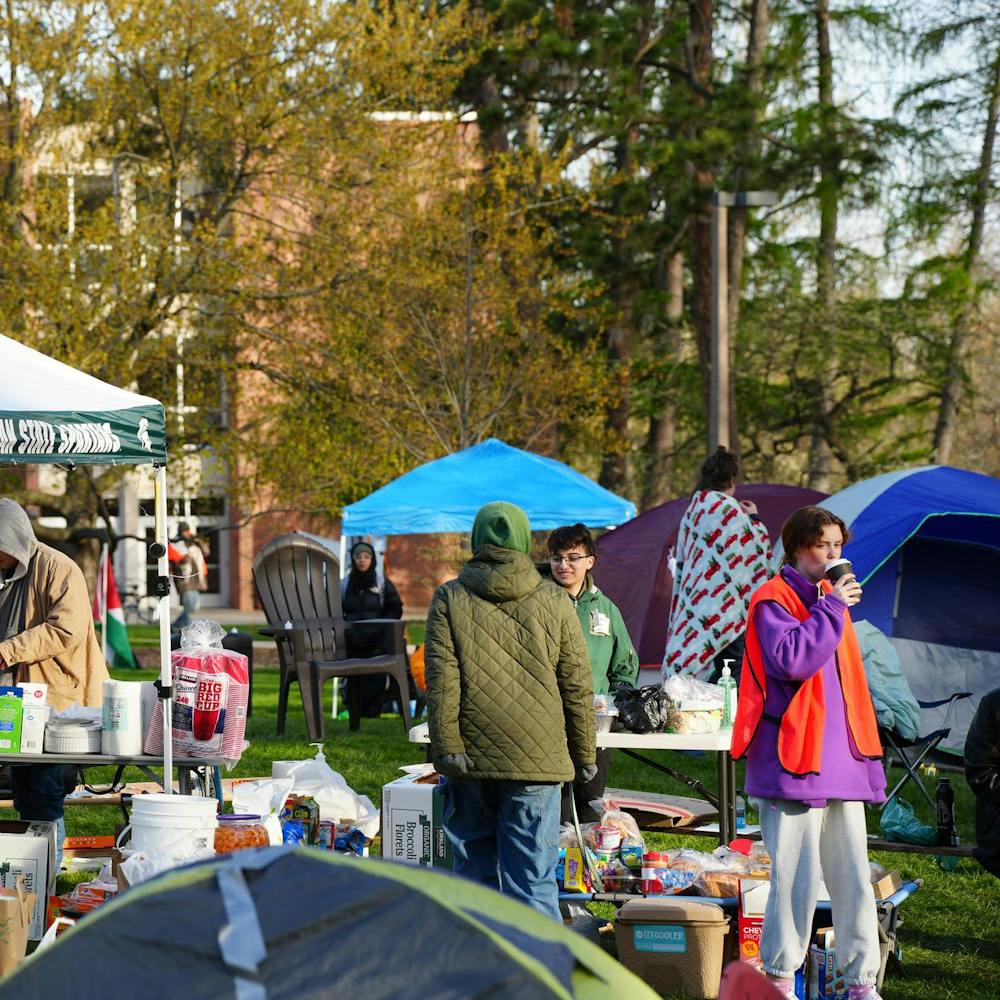More than having sex, drinking alcohol and getting paid, college students value a self-esteem boost, according to a study released earlier this month.
Students were asked to evaluate which activities or rewards they wanted and liked the most. Respondents said they enjoyed a confidence boost, such as a compliment, more than having sex or eating their favorite food.
“We originally expected that narcissists alone would value self-esteem boosts more than other rewards, like their favorite meal or sex,” said Scott Moeller, co-author of the report and a research associate at the Department of Energy’s Brookhaven National Laboratory, in an e-mail. “We were surprised that it was across all students, not just narcissists.”
Moeller still is researching the implications of the data and said it is too early to comment on why the surveyed students highly value self-esteem.
From a student perspective, the results aren’t surprising, Residential College in the Arts and Humanities and English freshman Kelsey Kaptur said. Kaptur pushes herself to go to class and maintain her grades out of necessity, but her efforts are not always rewarding, she said.
“(Students like self-esteem boosts) probably because generally, a lot of things we do aren’t for ourselves,” she said. “It’s not fulfilling to ourselves — it’s not to make ourselves feel good.”
The difficulty of and transition to college life might influence students to value a confidence boost so highly, said Toby Ten Eyck, MSU associate professor of sociology.
Students’ expectations of success sometimes are dashed by the competitive reality of college, he said.
“A lot (of) students who come into college (start off) thinking that they’re very good students,” Ten Eyck said. “Then they get into class and things don’t go as smoothly as they wanted.”
Students from the University of Michigan were surveyed for this study. Because that university is competitive, the results might not be fully representative of all students, Moeller said.
“It’s a pretty competitive university — that could be one thing,” he said. “If it’s more competitive, (students) might value self-esteem more.”
Self-esteem boosts are particularly valuable to students who already are struggling with self-confidence, but all of the rewarding activities can be used to help deal with the stress of college life, he said.
However, becoming too attached to self-esteem boosts and other rewarding activities can have a negative affect on students, Moeller said in the e-mail.
“I don’t believe there is anything intrinsically wrong with self-esteem,” he said. “It’s when you start to pursue it as a goal that it becomes a problem. Say, for example, you really wanted to be a doctor to make a difference in the world, but you ended up not pursuing this field because the classes are really difficult and you worried you would fail. So your self-esteem is protected, but you missed a potentially great opportunity.”
Students’ high value of self-esteem also might mean an increased likelihood for addiction, according to the report.
“(These activities are) a lot like drugs — once you get used to that kick, especially if you’re on this roller coaster (with highs and lows), you’re going to look for that kick to get you back up,” Ten Eyck said.
Hobbies can help prevent addictions because they provide an outlet for expression without the stress of being graded or judged, he said.
“One of the things that I’m surprised with (is) the lack of hobbies (students have) beside video games,” Ten Eyck said. “It’s important to have something else you can put your energy toward.”
Support student media!
Please consider donating to The State News and help fund the future of journalism.
Discussion
Share and discuss “Self-esteem boost most highly valued reward” on social media.






